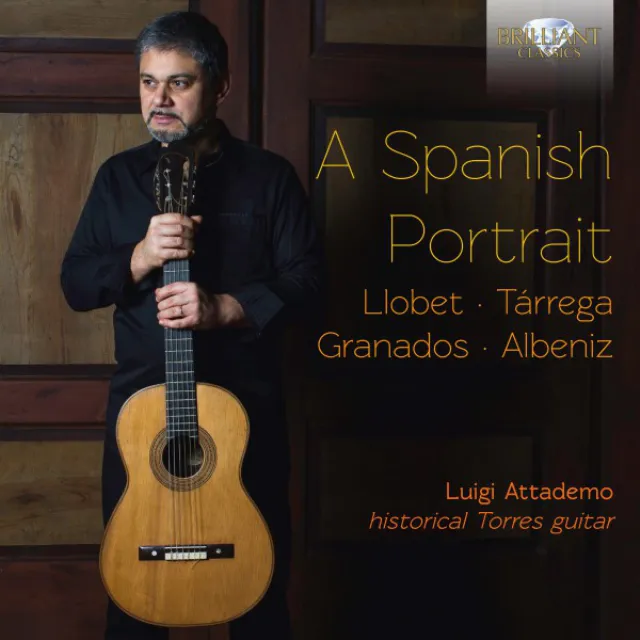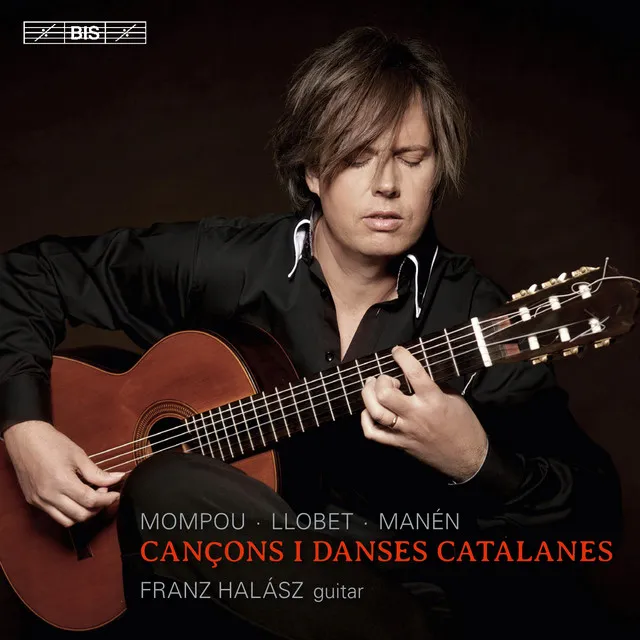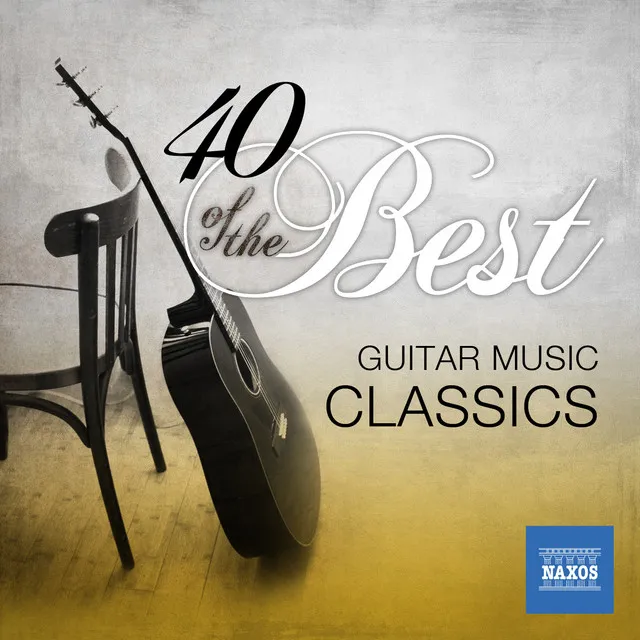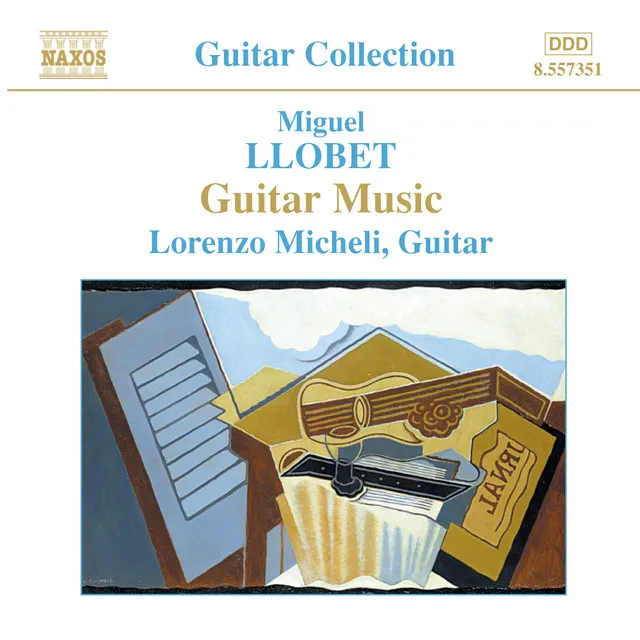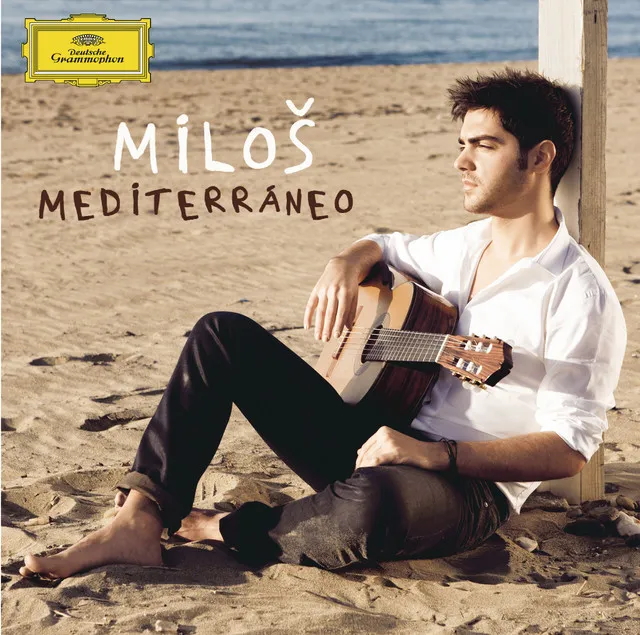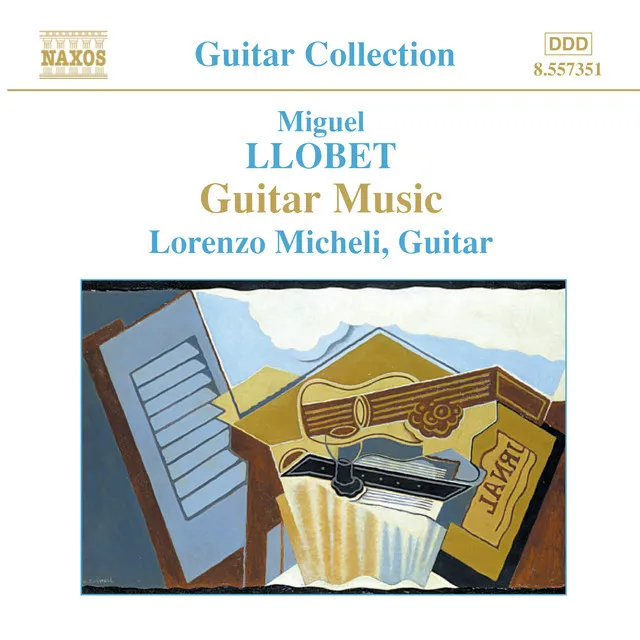During his time, Miguel Llobet was better known for his virtuosity on the guitar than for his compositions. He was instrumental in establishing the classical guitar on the international concert scene; hitherto, it had typically been regarded as a novelty to audiences. Llobet pioneered the way for guitarists in succeeding generations, not least of whom was Andrés Segovia, an admirer of Llobet's virtuosity, as well as of his compositional skills: Segovia often programmed Llobet's arrangement of the Catalan folk song El mestre, from the collection Diez canciones populares catalanas. Llobet was a trailblazer on other fronts: though his acoustical recordings of 1915 did not satisfy him and were not released, his electrical recordings of 1925 were the first ever made by a guitarist. These and several later recordings have been reissued now, and, since the 1990s, a number of modern guitarists have been reviving interest in Llobet's original compositions and arrangements via both the concert hall and the recording studio.
Llobet was born on October 18, 1878, in Barcelona, Spain. Though he turned to the guitar at the relatively late age of 11, he had studied both piano and violin from his early childhood. His first teacher was Magín Alegre; by 16 Llobet was studying with Francisco Tárrega at the Barcelona Municipal Conservatory of Music.
Llobet launched his concert career in 1898 and, with the aid of Tárrega's patron Concepción Jacoby, embarked on his international career with a series of Paris concerts in 1904. The following year Llobet apparently relocated to Paris, using it as a base of operations from which to tour Europe until 1910.
That year he seemed to have moved to Buenos Aires and thereafter made numerous tours of Central and South America. His U.S. debut came in 1912 and included performances in New York and Boston. Although accounts differ, Llobet seems to have spent the war years in the U.S. where his concert schedule was quite full.
In the postwar era, Llobet was active touring Germany, Austria, England, Italy, Hungary, and other European locales, as well as the U.S. He resettled in Barcelona in the 1930s, primarily to teach. Among his students was the talented Cuban José Rey de la Torre. Llobet rarely concertized in his last years, his last major tour coming in 1934 with appearances in Germany, Austria, and the U.S. Llobet died in Barcelona on February 22, 1938.
